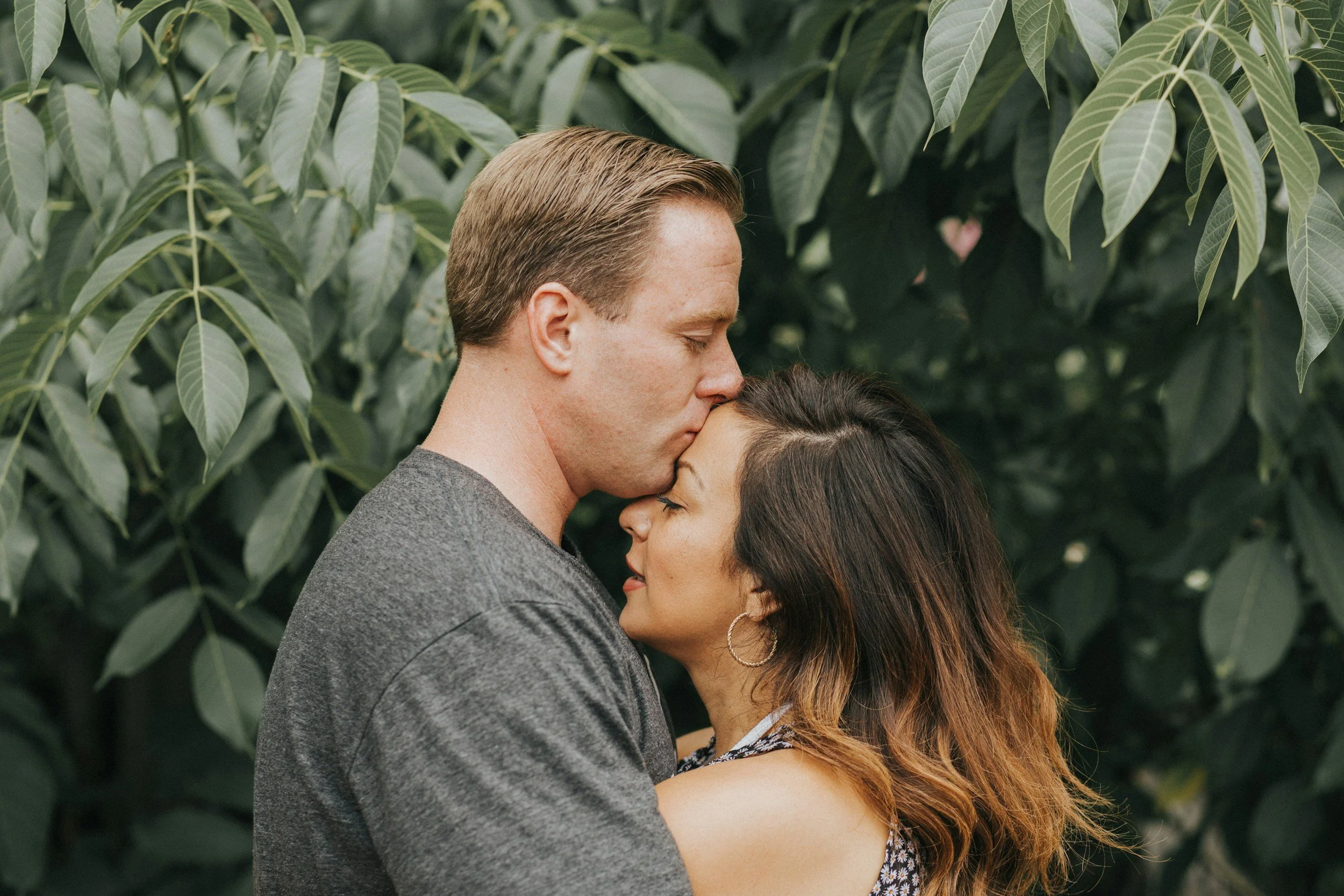
Couples & Relationship Therapy
Couples and Relationship Therapy is a branch of psychotherapy designed to support couples, relationships, marriages, premarital couples, partnerships, co-parents, and non-romantic or platonic relationship dynamics that are significant and require support to repair or preserve. Examples may include co-parents, friendships, siblings, and family dyads (e.g., parent and adult child).
The Adaptive Healing Team is committed to providing an inclusive, affirming, positive therapeutic space. Drawing from our extensive training and experience, we adeptly work with most relationship styles and structures including traditional, egalitarian, modern, and alternative relationships.
How can therapy help your relationship?
learn to reduce and manage relationship distress;
enhance communication skills;
improve emotion regulation;
set healthier boundaries;
process and express difficult thoughts and feelings
take ownership of own actions
develop more empathy and understanding for each other
identify their particular negative cycles/dances
shift unhelpful patterns of thinking, feeling, and responding
strengthen and rebuild trust, safety, emotional connection, and intimacy
gain tools to help navigate conflicts
heal deeper attachment injuries (past/present relationships)
Therapy can also support clients as they navigate a significant relationship change, integration, separation, divorce, or other major transition—in a way that respects and prioritizes the whole relationship.
Our Couples' and Relationship Therapists are skillfully trained in evidence-based therapeutic approaches designed to support couples and relationships in navigating periods of relationship distress and overcoming various interpersonal challenges. The main approaches we use with our clients include:
Integrative Sex and Couples Therapy
In addition to the above, other interventions and approaches are often used in conjunction with Couples and Relationship Therapy, for example, Acceptance and Commitment Therapy (ACT), Mindfulness and Breathwork Practices, Cognitive Behavioural Therapy (CBT), Dialectical Behavioural Therapy (DBT), Solution-Focused Therapy (SFT), Humanistic Therapy, etc.
Evidence-based approaches for Couples & Relationships
What to expect moving forward…
Couples and Relationships Therapy typically requires a minimum of 12 sessions to effectively build safety and stability, thoroughly understand the underlying causes of relationship distress, and instill lasting changes that will be sustained after treatment has ended.
The number of sessions needed and the course of treatment depend on factors such as frequency of sessions, degree of relationship dysregulation, complexity of concerns, individual commitment to therapy, and other factors that may impede progress. Treatment plans are tailored to each relationship.


